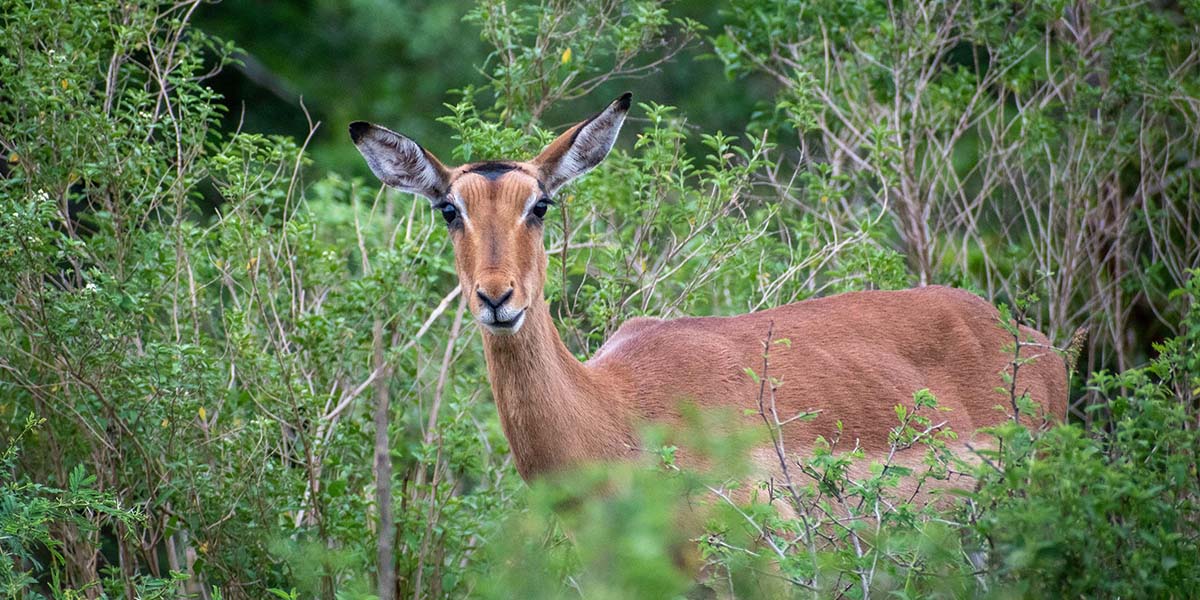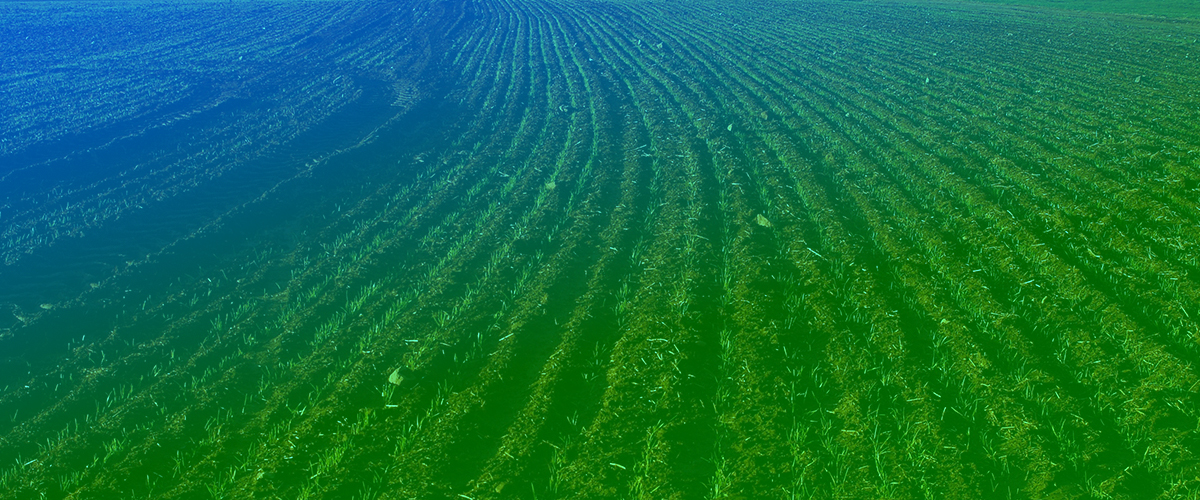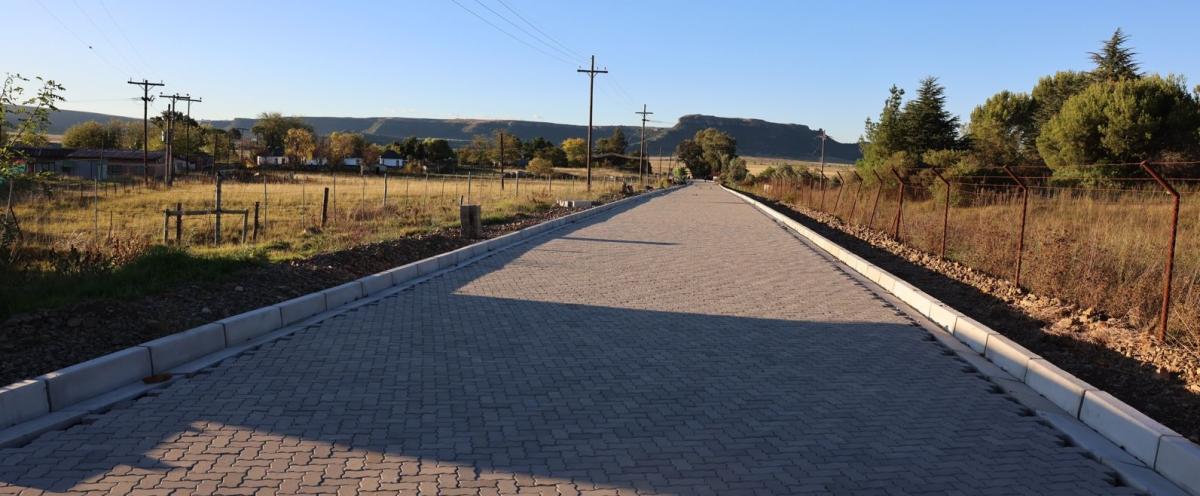Introduction to the special edition of Water SA on indigenous crops, water and human nutrition
Throughout Africa indigenous and indigenised vegetables and fruit have sustained rural populations for many centuries. Through natural selection by survival under local environmental conditions, aided by collection of seeds from top-performing plants only by local farmers, these have become adapted to these conditions. Unfortunately, indigenous plants have received scant attention by researchers in Africa (including South Africa) in regard to improving agronomic practices and upgrading genetic potential. Likewise, little attention has been given to studies on their nutritional value and the bio-availability of nutrients contained in them. It seems as if there has recently emerged new interest amongst South African researchers in these crops. It is hoped that this publication will help to promote this interest further.
Africa
Youth
Leafy
LAKER, M.C., 2007. Introduction to the special edition of Water SA on indigenous crops, water and human nutrition. Water SA 33: 311-316













